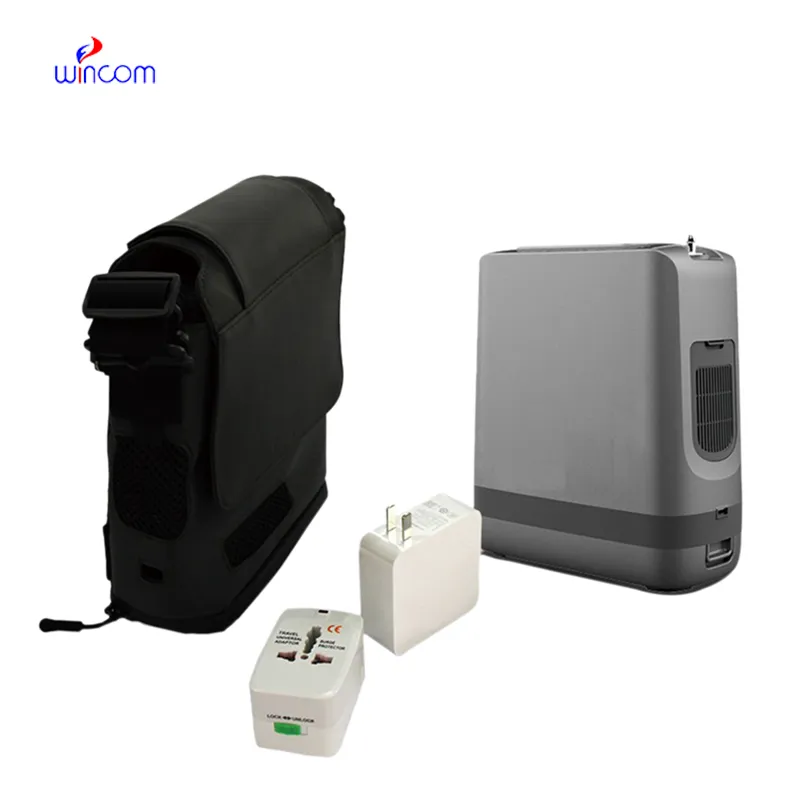
With improved magnetic field homogeneity and multi-channel receive coils, the cat scan vs mri machine offers reproducible and unambiguous imaging output. With its software platform, the system offers fast image reconstruction and custom scanning sequence application. The cat scan vs mri machine offers reproducible performance in clinical and research application.

In gynecology and obstetrics, the cat scan vs mri machine facilitates observation of the reproductive organs and fetal development monitoring. It is used in diagnosis of such conditions as fibroids, endometriosis, and congenital defects of the uterus. The cat scan vs mri machine provides precise and high-resolution images without harming either the mother or the fetus.

Future development of the cat scan vs mri machine will be directed towards hybrid imaging systems that combine MRI with another modality such as PET or ultrasound. Combining them will provide us with information in more than one dimension regarding structure and function. The cat scan vs mri machine will be a key tool for precision diagnosis and personalized treatment planning.

Scheduled performance audits of the cat scan vs mri machine are critical to ensure image quality. Homogeneities of the magnetic field, radiofrequency calibration, and software releases need to be undertaken from time to time. The cat scan vs mri machine also need preventive maintenance to identify wear trends in cables and components at an early stage.
The cat scan vs mri machine is excellent at imaging soft tissue and has been a valuable asset in orthopedics, neurology, and oncology. Its magnets are able to create signals that are then reconstructed into precise anatomical images. The cat scan vs mri machine determines structural and functional disorders with unprecedented detail.
Q: What is an MRI machine used for? A: An MRI machine is used to create detailed images of the body’s internal structures, helping doctors diagnose brain, spine, joint, and soft tissue conditions without using radiation. Q: How does an MRI machine work? A: The MRI machine uses strong magnetic fields and radio waves to align hydrogen atoms in the body and detect signals that form high-resolution images of organs and tissues. Q: Is an MRI scan safe for all patients? A: MRI scans are generally safe, but patients with metal implants, pacemakers, or certain medical devices must be evaluated before scanning due to magnetic interference. Q: How long does a typical MRI scan take? A: Most MRI scans take between 20 to 60 minutes, depending on the area being examined and the specific diagnostic protocol. Q: What makes MRI different from X-ray or CT imaging? A: Unlike X-ray or CT, an MRI machine uses magnetic resonance instead of radiation, making it particularly effective for imaging soft tissues and the nervous system.
This x-ray machine is reliable and easy to operate. Our technicians appreciate how quickly it processes scans, saving valuable time during busy patient hours.
The centrifuge operates quietly and efficiently. It’s compact but surprisingly powerful, making it perfect for daily lab use.
To protect the privacy of our buyers, only public service email domains like Gmail, Yahoo, and MSN will be displayed. Additionally, only a limited portion of the inquiry content will be shown.
Hello, I’m interested in your water bath for laboratory applications. Can you confirm the temperat...
I’d like to inquire about your x-ray machine models. Could you provide the technical datasheet, wa...
E-mail: [email protected]
Tel: +86-731-84176622
+86-731-84136655
Address: Rm.1507,Xinsancheng Plaza. No.58, Renmin Road(E),Changsha,Hunan,China